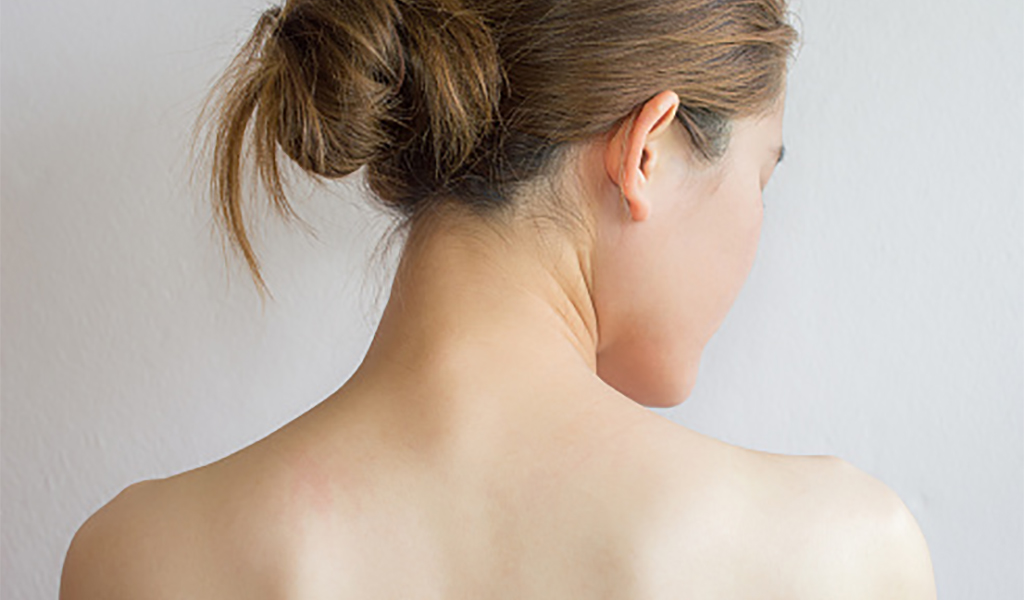- Home
- Living With Breast Cancer
- Intimacy
- Vaginal dryness: a common but taboo symptom resulting from breast cancer treatment
Vaginal dryness: a common but taboo symptom resulting from breast cancer treatment
More than half of all women experience vaginal atrophy, including vaginal dryness, after natural menopause.1 Unfortunately, for women with breast cancer, this figure can go as high as 70%.2
During the breast cancer journey, your intimacy may fall victim to physical changes, such as a mastectomy or an axillary lymph node dissection for certain women. But vaginal dryness can also result from breast cancer treatment.2
How does vaginal dryness come about?
Vaginal dryness can result from natural menopause but can also stem from decreased levels of circulating oestrogen due to breast cancer treatments.2,3 These treatments include chemotherapy or endocrine (hormonal) therapy. This drop in oestrogen levels, as a result, leads to a decreased stimulation of vaginal receptors, causing membranes in the vagina to become thinner, less flexible, and produce less lubricating fluid.3
What are the symptoms of vaginal dryness?4
- Soreness and itchiness in the vaginal area
- Pain or discomfort during sex
- Frequent urination
- Urinary tract infections (UTIs)
- Tightness
How can one deal with vaginal dryness?
The good news is that there are ways of dealing with vaginal dryness! Most options simply involve bringing back moisture to the vaginal membrane.1 Some general tips and treatments are below.
- Water-based vaginal lubricants1
- Vaginal moisturisers1
- Pelvic floor exercises1
- Avoid using perfumed soaps, strong washes or douches in and around your vagina
- Other prescription-based treatments1
Breaking the taboo and promoting a discussion on vaginal health
Doctors are human too and may avoid bringing topics such as this given its sexual nature. And even if they do not mind having a discussion such as this, research suggests that they prefer to focus on combatting the disease.1 The best piece of advice is to take charge of the situation when it comes to improving your intimacy and proactively bring this subject up with your doctor.
Potential questions to help you start the conversation with your doctor
1. Doctor, I’m not sure why, but I’m having some difficulties being intimate with my partner. Would you be able to help me?
2. Doctor, I have noticed my body is not reacting the same way it used to during intercourse? Do you know why that is?
3. Doctor, I feel pain and discomfort when having sex? Is that normal? What can I do to counteract that?
TRI-ALL-000624
References
- Carter J, et al. J Sex Med. 2011;8:549-559.
- Lester J, et al. J Pers Med. 2015 Jun; 5(2): 50–66.
- https://www.breastcancer.org/treatment/side_effects/vaginal_dry [Last accessed March 2019]
- https://www.nhs.uk/conditions/vaginal-dryness/ [Last accessed March 2019]












